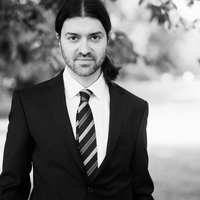
Episode 124: Charles M. Stang on the Divine Double in Late Antiquity
We discuss the motif of the divine twin, angelic counterpart, personal daimōn, and other forms of higher, divine self with Charles Stang. We may not be who we think we are, but that's good news.












